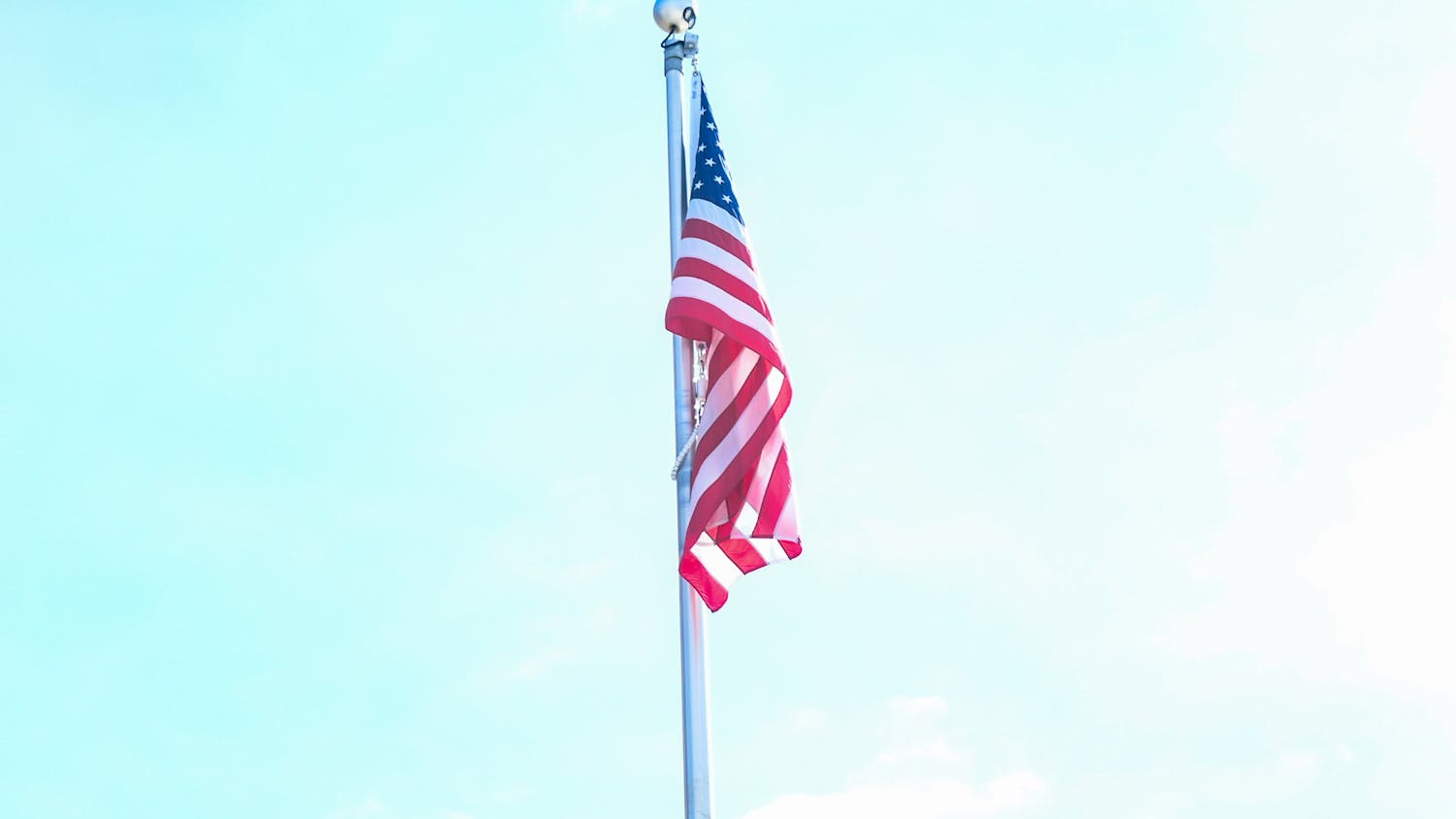As I write this, Michael Jackson has been deceased for days. In the time since his passing on Thursday, you have seen reports on the singer – the circumstances under which he died, the family's reaction, the looming questions about his estate – splattered across the Web. You've seen tributes flooding from every news outlet on the planet. You've seen MTV break their unwritten no-video rule to show the greatest clips by the King of Pop, and you've heard everything from "ABC" to "Smooth Criminal" blaring from someone's speakers.
Despite all of this outpouring of interest and emotion over the late legend, one thing will never be clear enough: The death of Michael Jackson is the most important thing that happened this month. It's easily the most important story of the year, and it's a fair candidate for one of the most important stories of the decade.
To many, nothing could be further from the truth. Jackson's life was but one troubled existence that seemingly pales to the lives of September 11 victims, Iraq War veterans, protestors in Iran and every presidential candidate since 2000.
But as powerful and unforgettable as those men and women are, they changed our worlds through politics, sociology, international relations or economy. Michael Jackson's tools of the trade were art and culture, and that makes a huge difference.
From the very beginning of time, the most important of human achievements haven't been the ones we need. We need laws, standards, a code of ethics and people to enforce, uphold and interpret them all. But we didn't need music, sports, entertainment, fashion, technology or other forms of culture – we wanted them. And from that desire came the kind of entertainment culture that keeps us occupied and sane when managing the economy or following world health crises becomes too much to bear.
And nobody could fill this desire better than Michael Jackson. Sure, his later years had less and less groundbreaking music to offer us. He was dogged by legal controversies for nearly 20 years and every alteration in his physical appearance bought a new round of sneers and jokes. One must even consider the possibility that the comeback concerts that would have begun next month in London's O2 Arena could have fallen short of expectations.
But one thing is undeniable: even when talking about Michael Jackson centered more on madness than music, everyone had an opinion on him. And nothing – nothing – in pop cultural history has enjoyed such a dominant share of the world's attention. Black audiences could dismiss Elvis as a bland photocopy of soul music. Adults could find The Beatles too loud. Most girls would fail to understand the draw of Star Wars. Not all kids could get the old-guard popularity of Frank Sinatra.
If you drew breath between within the past six or seven decades, however, Michael Jackson meant something to you. From the day The Jackson 5 took Motown to a whole new level of crossover success, it was hard not to care about the 10-year-old Michael. He was charming and cute, he was impossibly talented and he played music that anyone could dance to. Even people who didn't grasp the appeal of radio and records had the J5 Saturday morning cartoon to fall back on.
Once he hit his twenties, he was even more of a dominant force. He would have 37 solo Top 40 hits in his career, videos that defined an entire generation's consumption of pop music, an album that helped him win a record-setting eight Grammys in one year and spent 80 weeks in Billboard's Top 10 chart and the attention of everyone from Fred Astaire to Ronald Reagan. People dressed like him just to go to school. He helped make humanitarian efforts look cool before Angelina Jolie had anything to say about it.
What makes these things all the more significant is that Michael Jackson captured the world's attention at the last possible time to capture the world's attention. In 1992, his "Dangerous" album was symbolically knocked from Billboard's No. 1 slot by Nirvana's "Nevermind." Grunge music was certainly mainstream at the time, but once again, it was a phenomenon that appealed to only some. From then on, as our televisions showed more channels and the Internet took hold of our attention spans, it was impossible to regain such a monopoly on the mainstream.
The only one who managed to break that spell, albeit temporarily, was Jackson himself upon his passing. Google, Facebook and Twitter all buckled under the strain of shock and awe coming from users spreading the word about The Gloved One's death. Amazon quickly had trouble keeping up with demand for Jackson's greatest works.
But these reactions aren't mere by-products of intense grief. It's a way of reminding ourselves and each other that Michael Jackson mattered more than any cultural figure for perhaps the entire span of American existence. He is, was and will be a sign that culture – the things in life that make us feel more than we think – is the force that governs us.
So let's let our love of life – and Michael Jackson – take us through these dark hours. I won't be complaining.
Michael Duquette can be reached at michael.duquette@student.shu.edu.
"




